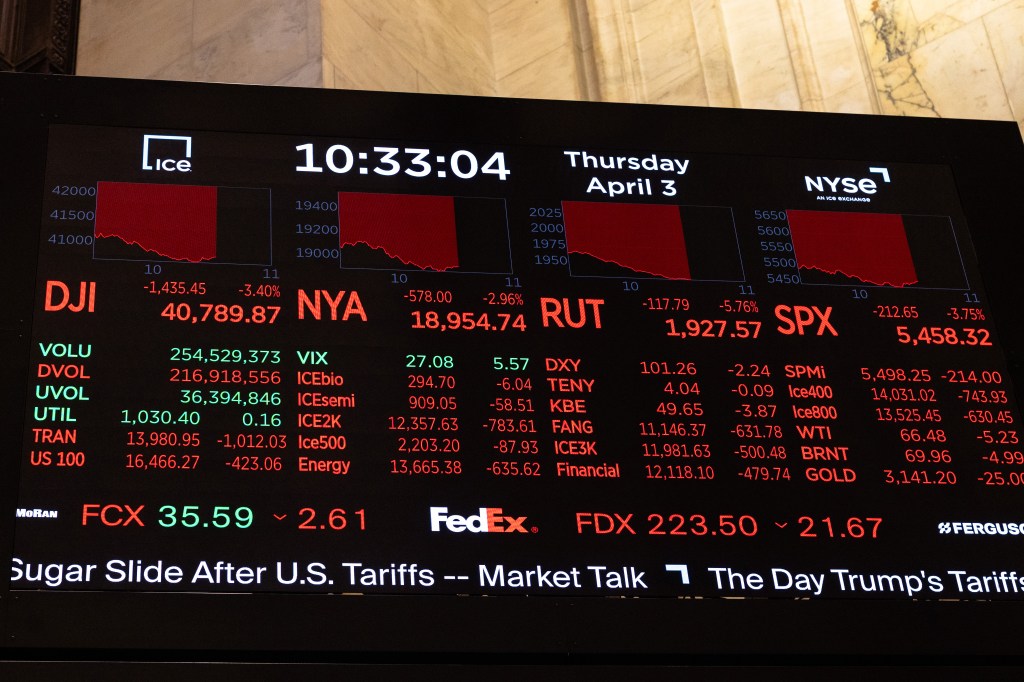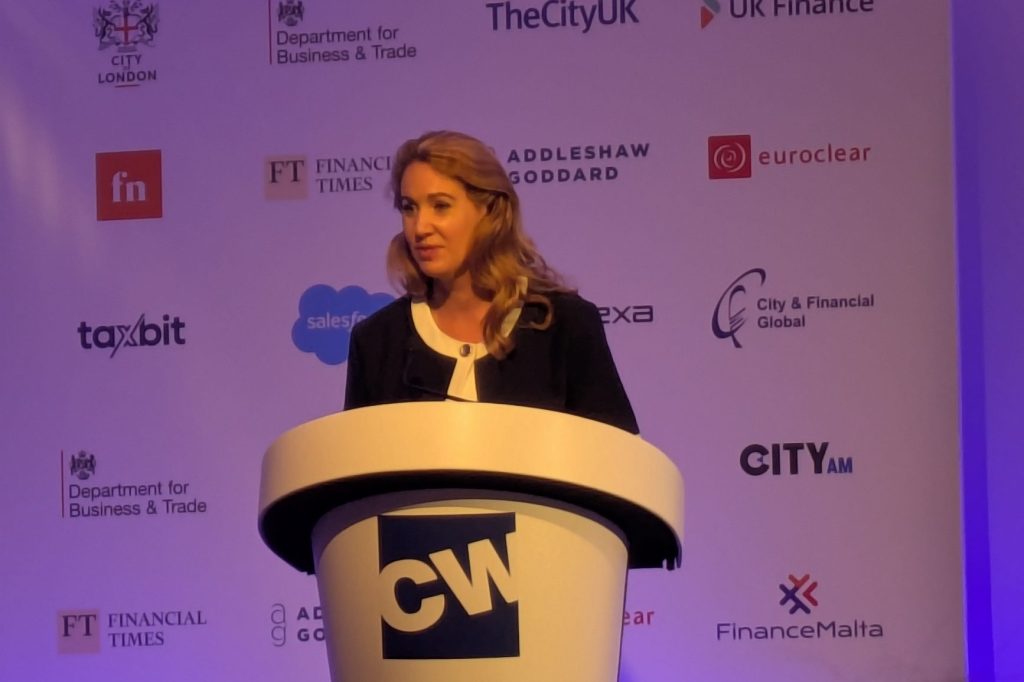CFPB fines Citi for discrimination against Armenian Americans
Citigroup has been ordered to pay $25.9m for illegally discriminating against Armenian Americans in violation of the Equal Credit Opportunity Act and its implementation of Regulation B.
According to regulators, the bank singled out applicants of Armenian descent as more likely to commit fraud and trained employees to deny credit card applications with last names ending in common Armenian suffixes.
From at least 2015 through 2021, Citi targeted retail services credit card applicants with surnames that Citi employees associated with Armenian national origin as well as applicants in or around Glendale, California. The bank specifically targeted surnames ending in “-ian” and “-yan.”
“Citi stereotyped Armenians as prone to crime and fraud. In reality, Citi illegally fabricated documents to cover up its discrimination.”
Rohit Chopra, Director, CFPB
Nicknamed Little Armenia, Glendale is home to approximately 15% of the Armenian American population in the US.
“The CFPB found that Citi purposefully discriminated against applicants of Armenian descent, primarily based on the spelling of their last name,” said CFPB Director Rohit Chopra. “Citi stereotyped Armenians as prone to crime and fraud. In reality, Citi illegally fabricated documents to cover up its discrimination.”
Citi, which acknowledged that “a few employees took impermissible actions,” will pay $24.5m in fines and $1.4m to affected customers.
Fed probes Morgan Stanley on AML controls
Morgan Stanley’s wealth management is being scrutinized by the US Federal Reserve, with the bank regulator looking into whether the bank has sufficient controls in place to prevent rich foreign customers from laundering money, the WSJ said on Wednesday.
The Fed has privately reprimanded the bank for not making all the required changes, and Morgan Stanley’s wealth management business head, Andy Saperstein, has been meeting with Fed officials to address the issues, according to the WSJ‘s report.
In 2020, the Fed found that the bank lacked risk-management controls for vetting foreign wealth-management clients, the people said. It gave a list to Morgan Stanley of the problems that needed to be fixed. When the regulator returned in 2021, many items on that list remained unfixed. The same occurred when the Fed returned last year.
That is when Saperstein got more involved. In 2022, he went to the Fed and presented a plan on how the bank would fix the problems once and for all. He and his team have about 18 months to go before the plan he presented is complete, the WSJ said.
Wealth management is a critical source of revenue for Morgan Stanley, as it has grown to account for close to 50% of the firm’s overall revenue.
Morgan Stanley and Interactive Brokers faced scrutiny from US authorities in 2021 for having managed the accounts of a Venezuelan businessman accused of money laundering state-owned funds, according to reporting by the WSJ at the time. Morgan Stanley and Interactive Brokers have not been accused of any wrongdoing by US authorities, and the Venezuelan businessman’s account at Morgan Stanley was closed in 2017
The Fed declined to comment, and Morgan Stanley did not respond to a Reuters request for comment on the Fed’s alleged inquiry into the bank.
Rep. Emmer seeks to stop SEC using public funds to pursue crypto firms
US Representative Tom Emmer (R-MN) added a provision in the House GOP spending bill that would block the SEC from using government funds to pursue crypto companies until Congress weighs in on who has jurisdiction over cryptocurrency.
On Wednesday, he attached an amendment to HR 4664, the Financial Services and General Government Appropriations Act – essentially, the federal budget. The amendment, which has passed unopposed, prohibits the SEC from using funds for enforcement activities related to digital asset transactions until Congress passes future legislation granting the agency jurisdiction to do so.
As one telling example of that sentiment, Representative Tim Burchett (R-TN) on Tuesday proposed an amendment that would reduce the SEC chair’s salary to $1.
“SEC Chair Gensler cannot continue to abuse the powers of his agency to fulfill a political agenda of driving the new and promising digital asset industry offshore,” Emmer said in a statement. He also suggested the Departments of Justice and Treasury, plus the Treasury’s Office of Foreign Asset Control, can handle “future bad actors like FTX.”
While the amendment has advanced, the House’s budget, where it’s included, will still need to face a reconciliation committee before it’s passed. Republican lawmakers are trying to reduce funding across all federal agencies, and many in GOP legislators have expressed their lack of faith in SEC Chair Gary Gensler. As one telling example of that sentiment, Representative Tim Burchett (R-TN) on Tuesday proposed an amendment that would reduce the SEC chair’s salary to $1.
DOL fiduciary definition proposal: Trade groups want more time
This week, 18 trade groups, including the US Chamber of Commerce, asked the US Labor Department for more time to comment on the new fiduciary definition proposal.
Noting the “significant and unanticipated changes to the current regulatory framework,” and describing the announced period for comment as “unprecedented,” the trade groups said DOL has had nearly three years to publish a proposed rule, but has only granted 39 workdays for interested parties to review and comment.
The letter goes on to caution that in setting the hearing date before the close of the comment period, “DOL is communicating that this is merely a ‘check the box’ exercise, rather than an effort to receive helpful feedback.”
In the letter addressed to Assistant Secretary of Labor Lisa Gomez, the groups cite precedent, the approaching holiday season, and the timing implications of public hearings in requesting an extension of the 60-day comment period announced by DOL when it announced the proposed regulation on October 31.
“DOL’s stated intention to hold a public hearing approximately 45 days after the Proposed Rule’s publication in the Federal Register effectively shortens the 60-day comment period for those who request to testify at the hearing because they will need to prepare their comments in time for the hearing,” the letter further notes. The letter goes on to caution that in setting the hearing date before the close of the comment period: “DOL is communicating that this is merely a “check the box” exercise, rather than an effort to receive helpful feedback.”

















